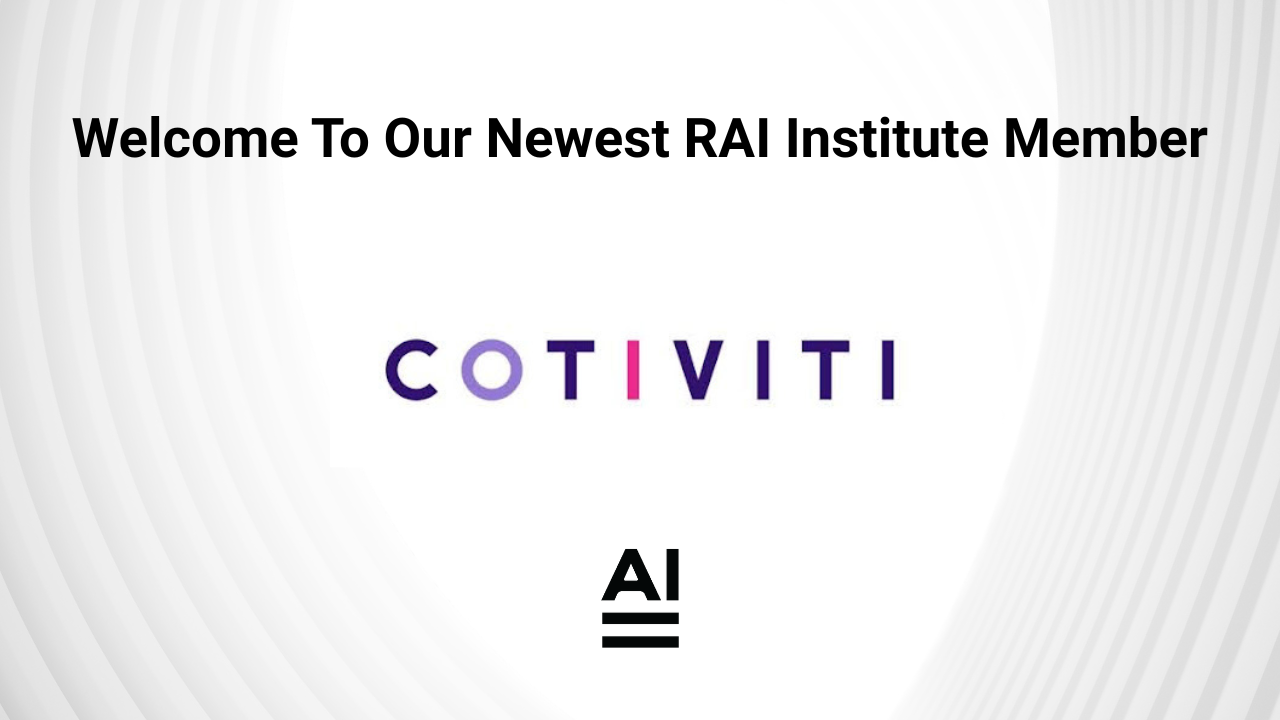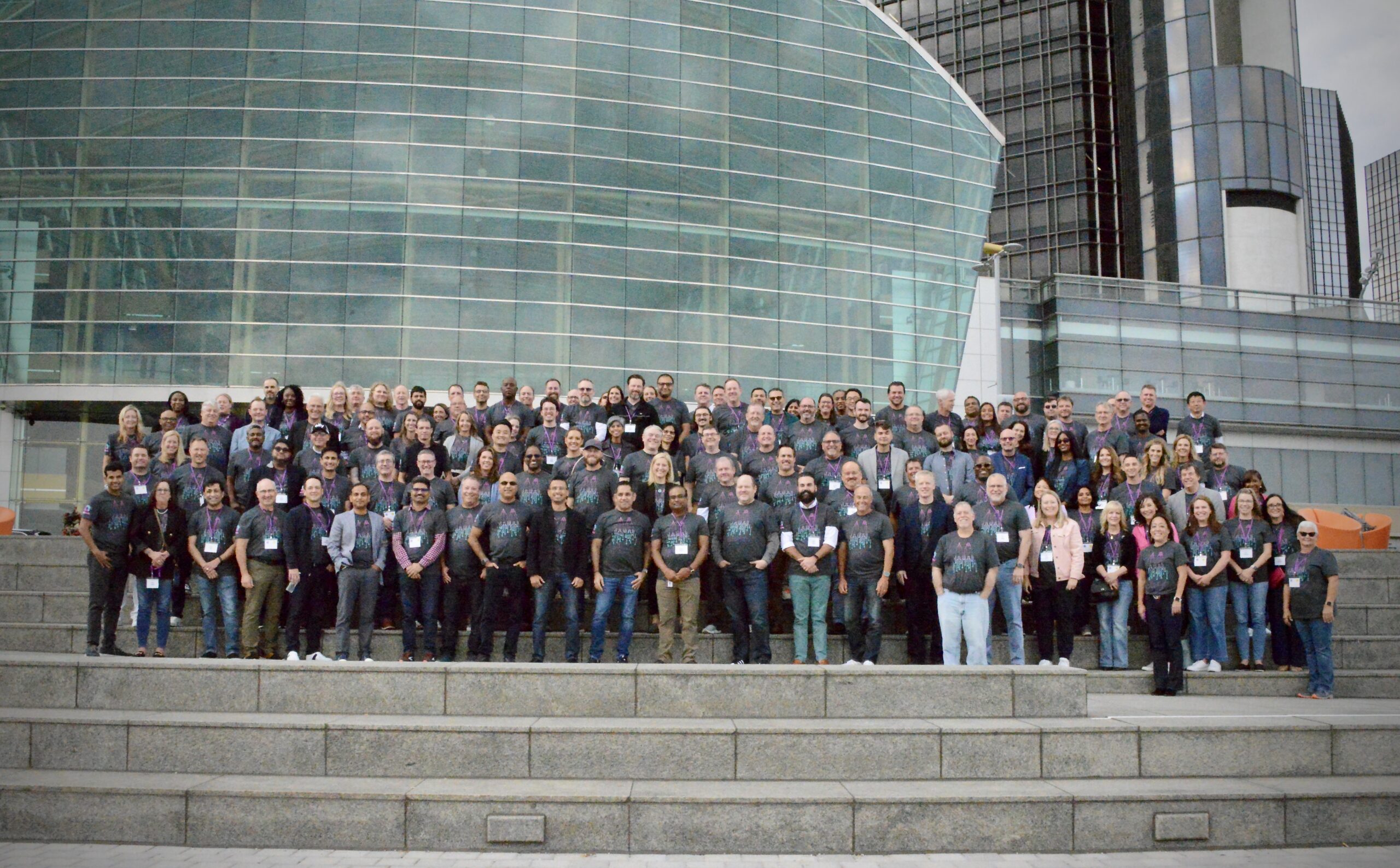The pressure to build and deploy AI responsibly is no longer theoretical. Regulatory mandates are taking shape in the U.S., EU, Canada, and globally. Public expectations around safety, fairness, and transparency are rising. Investors, customers, and boards are asking more questions — and they expect real answers.
Amid this shift, some companies are leading the way.
These organizations aren’t scrambling to respond to external scrutiny. They’re building AI governance into the foundation of their business. They see responsible AI not as a compliance checkbox, but as a long-term strategic advantage. And it’s paying off.
Here are the four traits that set these companies apart.
1. They Treat AI Governance Like a Business Function
For companies that lead in AI governance, oversight isn’t an afterthought. It’s operationalized.
They’ve moved beyond vague principles and written statements. Instead, they’ve built formal structures — policies, review boards, risk registers — that define how AI systems are developed, evaluated, and maintained over time. They approach AI with the same discipline and oversight they apply to financial controls or cybersecurity.
A key differentiator: they don’t invent these practices from scratch. They anchor them in trusted, independent frameworks and standards. That allows them to benchmark progress, identify gaps, and speak a shared language when engaging with regulators, partners, or customers.
These organizations also invest in regulatory readiness. Rather than reacting to new laws or scrambling to meet requirements, they interpret changes early and translate them into concrete, auditable practices. As AI rules evolve, they’re already positioned to comply.
This kind of structure doesn’t just reduce legal exposure. It also builds internal clarity and trust across teams. Everyone knows how decisions are made, where risks are tracked, and how AI governance supports business goals.
2. They Know Who’s Accountable
Technology doesn’t govern itself. People do. Market leaders know this, and they make sure human accountability is clearly defined at every stage of the AI lifecycle.
This starts with roles and responsibilities. High-performing companies establish ownership for critical AI risks like model bias, data privacy, or explainability and assign them to individuals or teams with decision-making authority. They avoid vague statements like “the data team is responsible.” Instead, they make accountability traceable and enforceable.
They also recognize that good intentions aren’t enough. That’s why they invest in training that is ongoing, practical, and specific to each function. Engineers learn about fairness in model development. Legal and compliance teams understand how to evaluate transparency requirements. Executives know what to ask for in a quarterly review.
And they don’t treat responsible AI as a siloed issue. Leadership is actively involved. Responsible AI efforts are visible to the C-suite, often with designated executive sponsors tracking metrics, reviewing risk reports, and engaging with governance bodies.
What does this look like in practice?
- Cross-functional working groups that manage AI governance reviews
- Role-specific training tied to current regulations and industry standards
- Executive dashboards that track responsible AI indicators alongside business KPIs
This structure ensures that when AI decisions have consequences, there’s clarity about who is involved, who is responsible, and what guardrails are in place.
3. They Design for Trust from Day One
Strong AI leaders build fairness and transparency in from the start—not after problems appear.
That means evaluating training data for potential sources of bias before a model is built. It means documenting how a model works so it can be explained to internal auditors and external regulators. And it means testing AI systems in the conditions they’ll be used in, not just in controlled environments.
These companies understand that building trust isn’t a communications task. It’s a technical and operational discipline. They embed fairness, explainability, and performance checks into every phase of the model lifecycle. They take the time to pressure test AI systems across use cases, populations, and edge cases so they know how those systems behave in the real world.
They also invest in third-party validation. Whether through external assessments, certifications, or maturity models, they seek independent input to strengthen their approach and build external credibility.
This independent review signals to customers, regulators, and investors that they’re not just claiming strong AI governance — they’re committed to demonstrating it.
4. They Don’t Go It Alone
The best companies know they don’t have to solve responsible AI in isolation. In fact, they know they can’t.
They work across industries to share lessons, benchmark approaches, and develop consistent standards. They collaborate with peers through working groups, participate in public-private initiatives, and engage in global conversations about ethical AI.
They also know when to bring in external expertise. Whether it’s interpreting a new law, conducting a model audit, or developing a training curriculum, they rely on independent experts to support their internal teams.
One resource supporting many of these efforts is Responsible AI’s RAISE Pathways program. RAISE Pathways provides tiered system-level badges, expert-led training, and practical tools to help organizations embed responsible AI at every stage of development.
It’s used by companies that want more than a static policy — they want a working system. And it helps teams move from high-level goals to measurable, auditable practices that hold up under scrutiny.
The Competitive Edge of Responsible AI
These four core traits, from structured governance and clear accountability to rigorous testing and industry collaboration, are not reserved for tech giants. They are repeatable, scalable, and — increasingly — expected.
Companies that invest in these capabilities aren’t just avoiding risk. They’re earning trust. And in today’s market, that’s a differentiator.
Ready to move your responsible AI work forward? Strengthen your AI governance strategy today with RAISE Pathways.
About the Responsible AI Insitute
Since 2016, Responsible AI Institute (RAI Institute) has been at the forefront of advancing responsible AI adoption across industries. As an independent non-profit organization, RAI Institute partners with policymakers, industry leaders, and technology providers to develop responsible AI benchmarks, governance frameworks, and best practices. RAI Institute equips organizations with expert-led training and implementation toolkits to strengthen AI governance, enhance transparency, and drive innovation at scale.
Members include leading companies such as Boston Consulting Group, Genpact, KPMG, Kennedys, Ally, ATB Financial and many others dedicated to bringing responsible AI to all industry sectors. In addition, we have partnered with leading global universities such as University of Cambridge, Princeton University, Massachusetts Institute of Technology (MIT), Harvard Business School, The University of Texas at Austin, Michigan State University, University of Toronto, and the University of Michigan.
Media Contact
For all media inquiries please refer to Head of Strategy and Marketing, Nicole McCaffrey.
nicole@responsible.ai
+1 440-785-3588
Connect with RAI Institute






